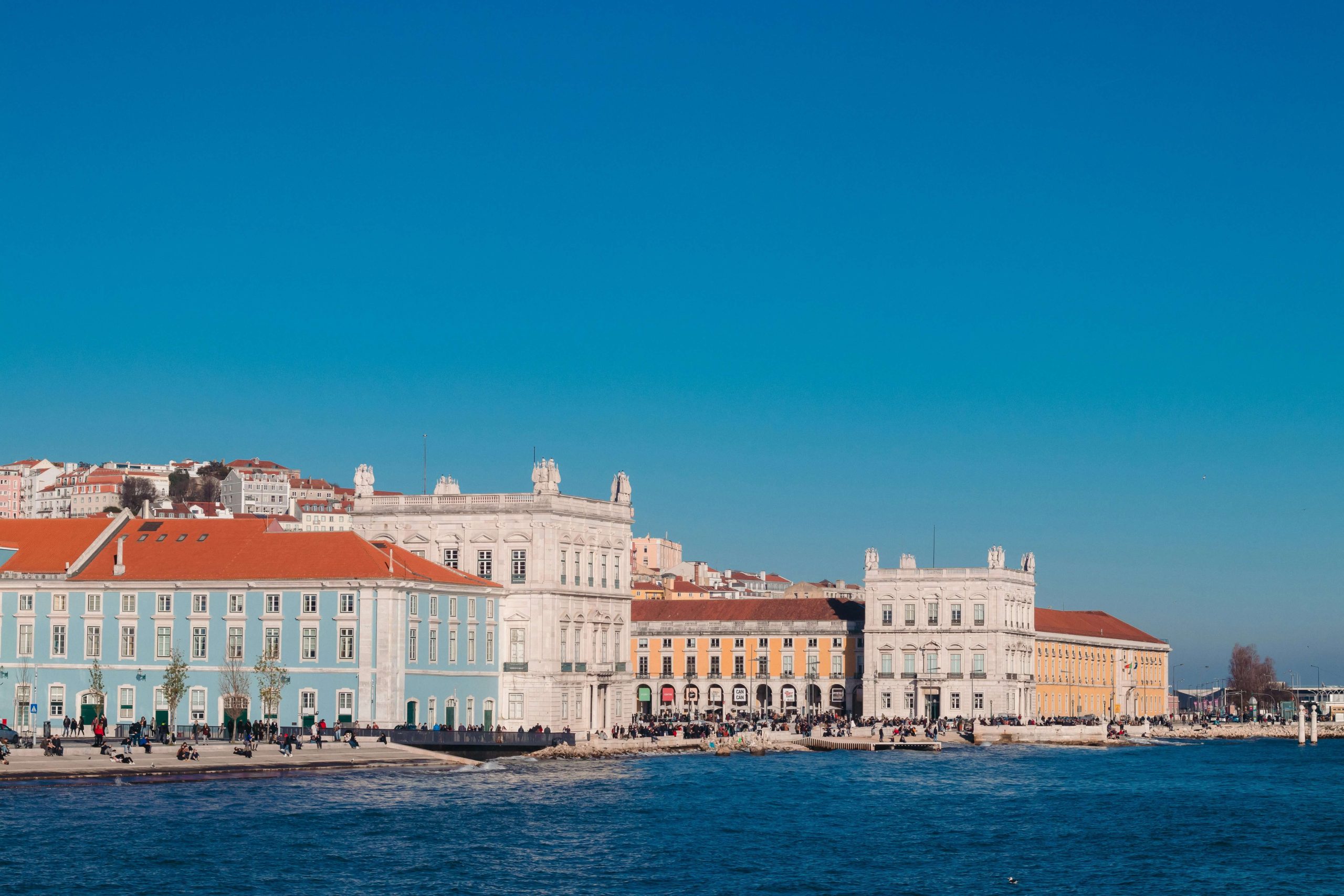Introduction
Portugal’s “Mais Habitação” Law (Law no. 56/2023, of October 6) introduced several measures to address the country’s housing challenges. Among these, a temporary tax benefit was established, allowing certain capital gains from the sale of real estate to be excluded from personal income tax (IRS) under specific conditions. However, recent clarifications from the Portuguese tax authorities have highlighted essential limitations, especially regarding properties and loans outside Portugal.
What Does the Law Say?
Article 50 of Law no. 56/2023 provides a temporary exclusion from IRS taxation for capital gains arising from the sale of land for construction or residential properties that are not the taxpayer’s primary residence. This benefit applies if the proceeds are used to repay the principal of a mortgage loan taken out for acquiring a primary residence, either for the taxpayer, their household, or their descendants. The repayment must occur within three months of the sale (or, for earlier sales, within three months of the law’s entry into force).
Key Legal Requirements
To benefit from this tax exemption, the following conditions must be met:
- The property sold must not be the taxpayer’s or their household’s primary residence.
- After deducting any outstanding mortgage on the sold property, the sale proceeds must be used to repay the principal of a mortgage loan to acquire a primary residence.
- The repayment must be made within three months of the sale (or within three months of the law’s entry into force for earlier sales).
- The exemption applies to sales between January 1, 2022, and December 31, 2024.
Does the Exemption Apply to Properties or Loans Outside Portugal?
A crucial clarification from the Portuguese tax authorities is that this tax benefit is strictly limited to primary residences in Portugal. The law intends to support families facing increased housing costs in the Portuguese market, particularly due to rising interest rates. Therefore, the exemption does not extend to situations where the repaid mortgage relates to a property outside Portugal, even within the European Economic Area (EEA).
This is a significant distinction from Article 10(5) of the Portuguese Personal Income Tax Code, which allows for reinvestment in a primary residence in another EU or EEA country. However, Article 50 of Law no. 56/2023 does not include such a provision, reinforcing the conclusion that the exemption is only available for properties in Portugal.
Practical Implications for Taxpayers
Suppose you sell a secondary residence in Portugal and wish to use the proceeds to repay a mortgage on a primary residence for yourself or your descendants. In that case, the property must be located in Portugal to qualify for the tax exemption. Attempting to apply the exemption to a property or loan outside Portugal will not be accepted by the tax authorities.
Additionally, when completing the IRS tax return (Model 3, Annexe G), only properties in Portugal can be entered in the relevant fields. There is no option to indicate a property located in another country.
Conclusion
The “Mais Habitação” Law offers a valuable, albeit temporary, tax benefit for families seeking to reduce their housing debt in Portugal. However, its scope is strictly limited to properties and loans within Portuguese territory. Taxpayers should be aware of these limitations to avoid unexpected tax liabilities on capital gains and ensure compliance with the law.
For further guidance, consult a qualified tax advisor or legal professional.
This article is based on the doctrinal note issued by the Portuguese tax authorities regarding the application of Article 50 of Law no. 56/2023 (“Mais Habitação”)
The founding of Madeira Corporate Services dates back to 1996. MCS started as a corporate service provider in the Madeira International Business Center and rapidly became a leading management company… Read more




